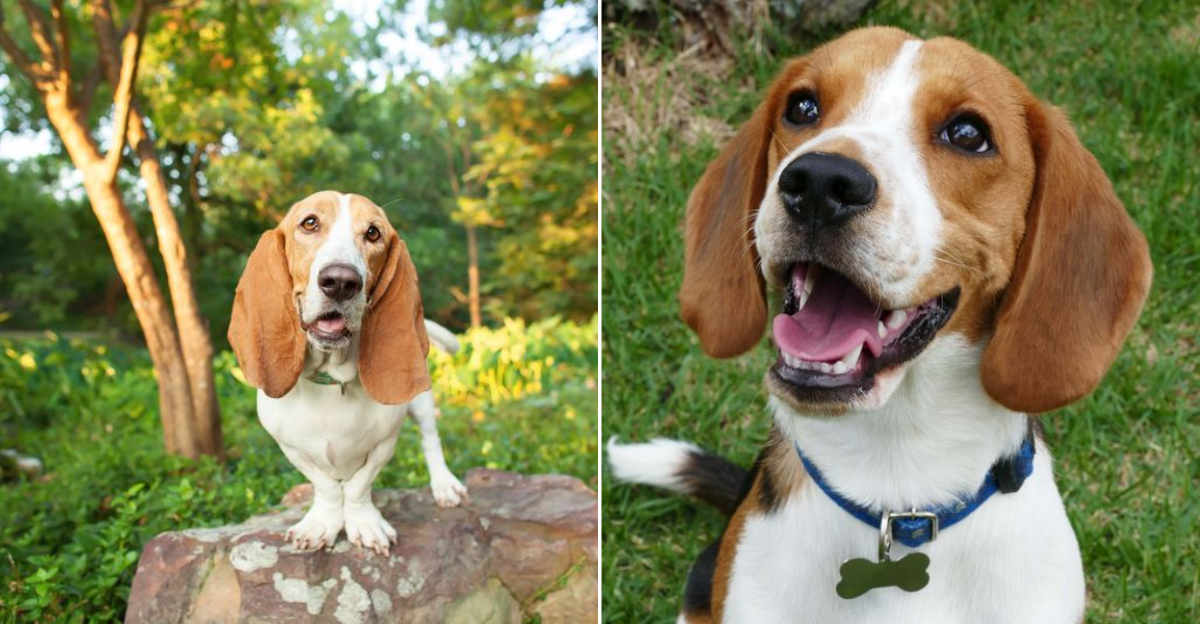Thinking of adding a furry friend to your family but wondering which dog can peacefully coexist with your guinea pig or hamster? If so, you’re in the right place!
Some dogs, despite their size or energetic reputation, have a natural, gentle temperament that makes them perfect companions for small critters.
Keep reading to discover which breeds might just be your pet’s new best friend!
1. Cavalier King Charles Spaniel: The Royally Gentle Companion
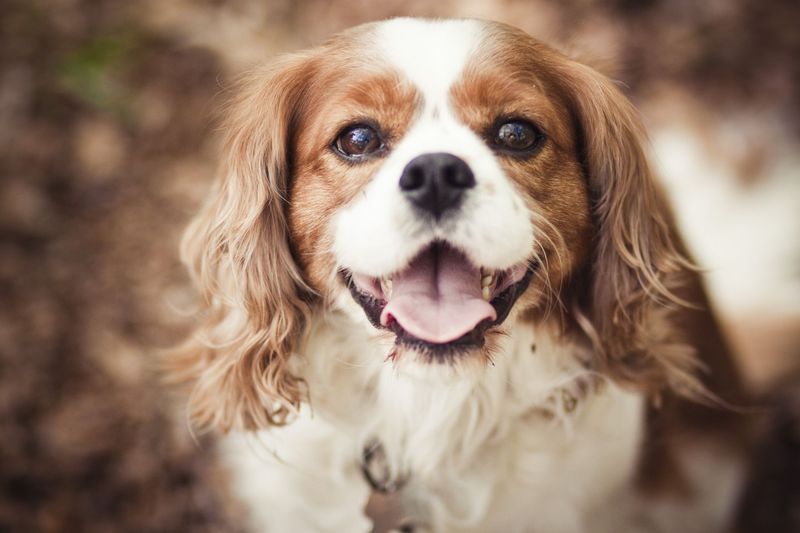
These aristocratic pups may have royal lineage, but they’re humble enough to befriend even the tiniest creatures in your home. Their gentle nature isn’t just a coincidence—it’s bred into them. Cavaliers were developed as lap dogs for nobility, making them naturally calm around smaller beings. Their low prey drive means they’re more likely to cuddle than chase your small pets.
What really stands out is their adaptability. These spaniels quickly learn boundaries and respect the personal space of guinea pigs, hamsters, and other small critters.
2. Golden Retriever: Sunshine Souls With Surprising Restraint
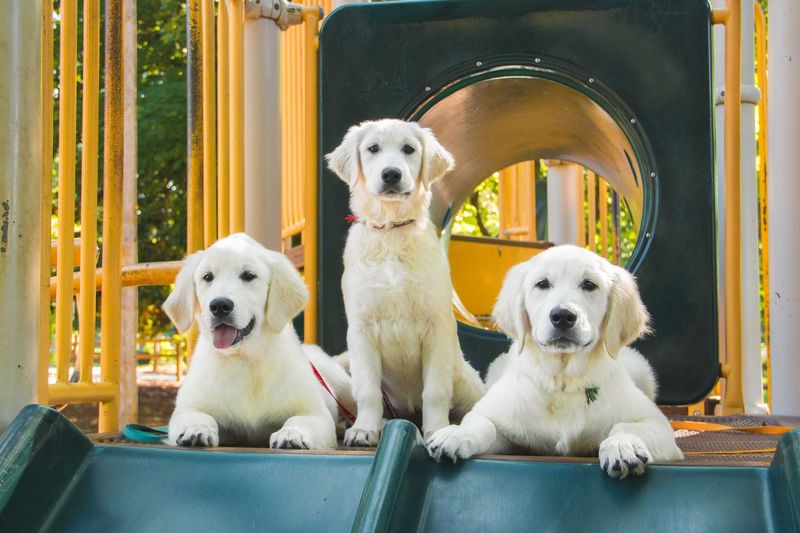
Beneath that lively exterior beats the heart of a remarkably gentle giant. Golden Retrievers have an almost supernatural ability to adjust their energy levels to match their companions—even tiny ones weighing less than a pound! Their soft mouths, developed for retrieving game without causing harm, make them ideal for interacting with small pets. My childhood Golden would lie completely flat whenever our hamster was out, as if trying to make himself less intimidating on purpose.
Training these intelligent dogs to respect small pets usually comes naturally. Their innate desire to please means they quickly learn that gentleness leads to praise when interacting with your guinea pig pals.
3. Labrador Retriever: The Gentle Soul With A Big Heart
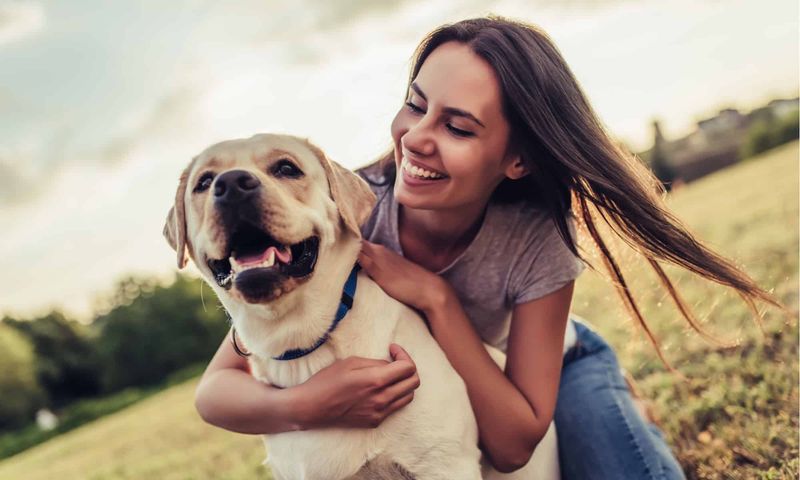
Don’t let those muscular bodies fool you! Labs possess an almost magical ability to switch from boisterous playmate to gentle guardian in seconds. Their famous “soft mouth” wasn’t just bred for retrieving birds—it makes them naturally careful around fragile creatures.
Many dog owners fear the first encounter between their Labrador and a small pet, expecting chaos. However, rather than the disaster many anticipate, Labradors often surprise with their calm nature. Instead of pouncing, they will simply lie down, head on paws, watching with a curious gentleness as the little critter explores. It’s a heartwarming moment of unexpected harmony!
Labs excel at reading body language and quickly understand that small pets require special treatment. With proper introductions and supervision, these friendly giants can become the most trustworthy companions for your pocket-sized pets.
4. Beagle: Scent Hounds With Surprising Self-Control
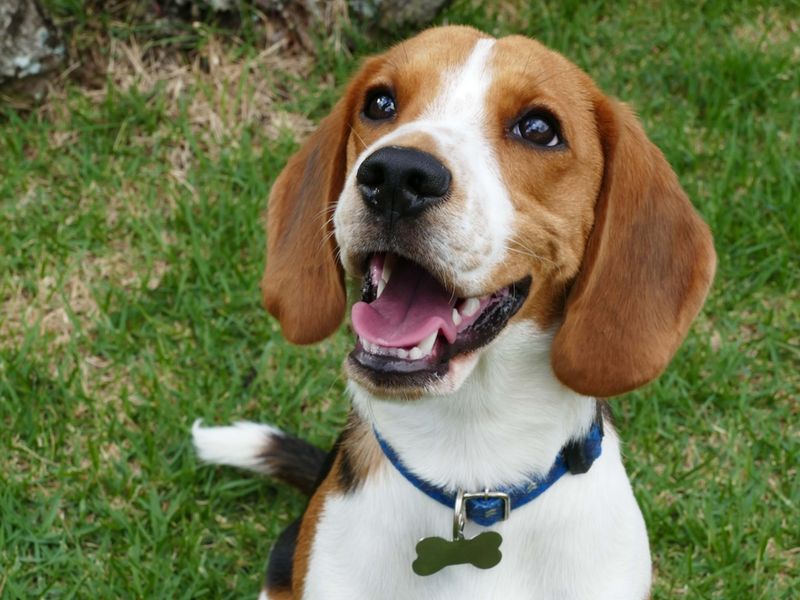
Hunting instincts? Yes. Inability to coexist with small pets? Absolutely not! Beagles may have been bred to track rabbits, but they’re remarkably discerning about what constitutes “prey” versus “family member.”
Their curious nature actually works in favor of small pet integration. Beagles typically want to investigate rather than chase your guinea pigs or hamsters. The key is early, positive introductions that teach them these small creatures are friends, not hunting targets.
What makes Beagles especially suitable is their size—they’re small enough not to intimidate tiny pets with their presence alone. With their people-pleasing personalities, they can be trained to be wonderfully gentle companions.
5. Basset Hound: Low-Riding, High-Tolerance Buddies
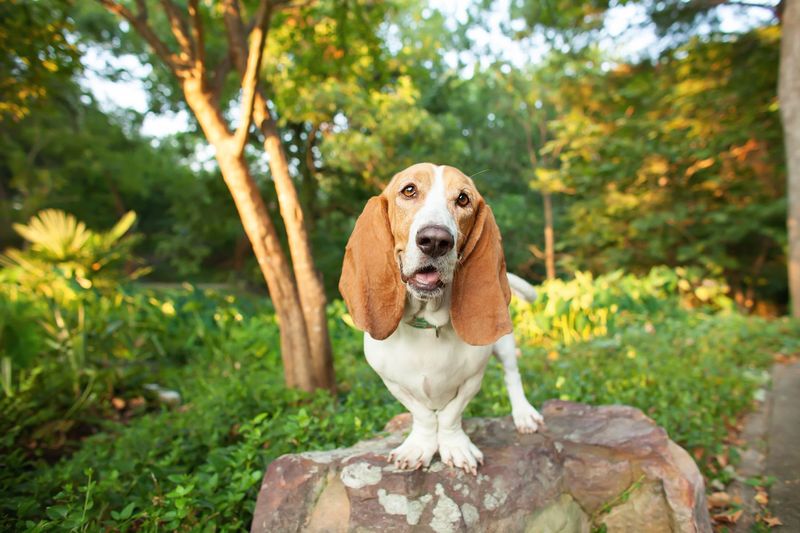
Those droopy eyes aren’t just for show—they’re windows to one of the most patient souls in the dog world. Basset Hounds move through life at their own relaxed pace, making them surprisingly compatible with skittish small pets.
Their laid-back temperament means they’re less likely to give chase or show predatory behavior toward your guinea pigs. I once dog-sat a Basset who would just sigh contentedly when the family’s guinea pig zoomed around nearby, barely lifting his head from his comfy spot.
While they were originally hunting dogs, modern Bassets often prefer napping to chasing. Their low energy levels and gentle demeanor create a calm environment where small pets can feel secure rather than stressed.
6. Shih Tzu: Tiny Royals With Big Hearts
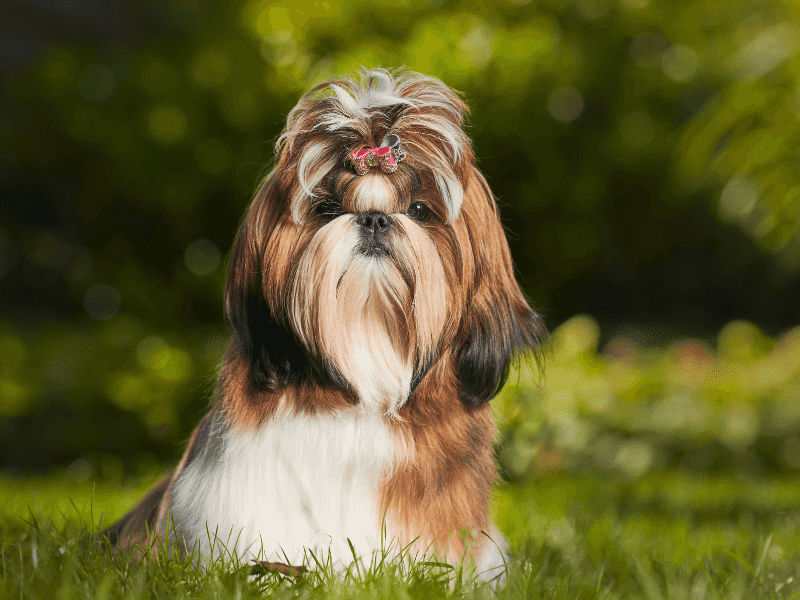
Originally bred as palace companions for Chinese royalty, Shih Tzus carry themselves with an imperial dignity that extends to how they treat smaller creatures. Their non-hunting background means they lack the chase instinct that makes some breeds challenging around small pets.
These little lions (their name literally means “lion dog”) form strong bonds with all family members—including the furry ones weighing just a few ounces! Their size is another advantage; they’re small enough that their movements aren’t intimidating to guinea pigs or hamsters.
What truly makes Shih Tzus special is their adaptability. They seem to understand intuitively that different creatures require different types of interaction, adjusting their playfulness accordingly.
7. Cocker Spaniel: Silky Souls With Velvet Paws
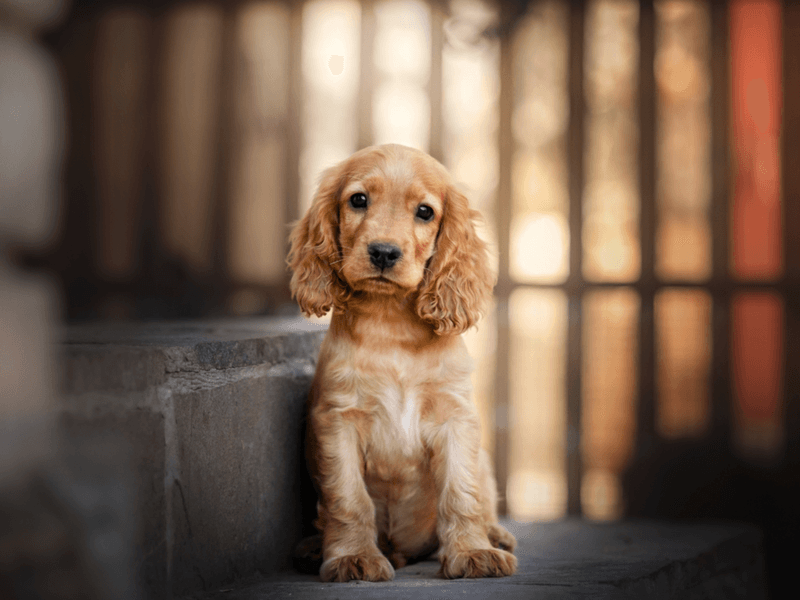
Those gorgeous, flowing coats hide hearts of pure gold! Cocker Spaniels approach life with a gentle enthusiasm that makes them surprisingly wonderful companions for small pets. Despite their hunting heritage, modern Cockers have been bred primarily as companions, softening their prey drive considerably.
I’ll never forget watching my aunt’s Cocker meeting a guinea pig for the first time. Instead of excitement, she displayed a careful curiosity, keeping a respectful distance until the little one seemed comfortable. Their intelligence shines in these situations—they quickly learn appropriate behavior around fragile creatures.
Their medium size works in their favor too. Not too big to be intimidating, not so small they feel threatened by other pets.
8. Papillon: Butterfly Dogs With Feather-Light Touch
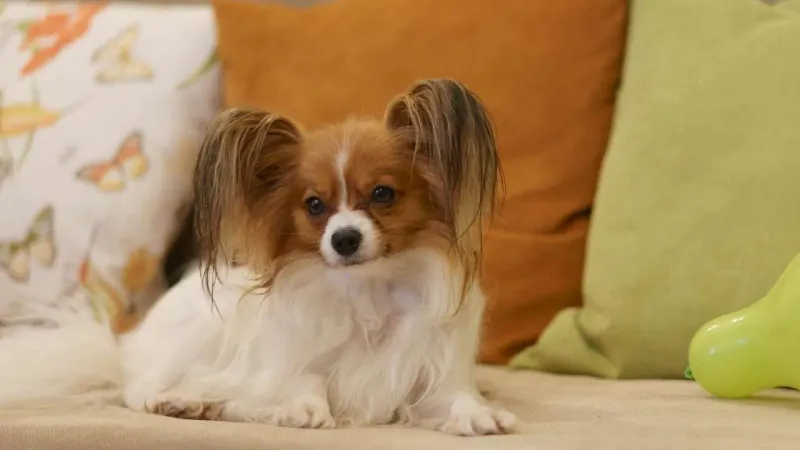
Don’t let those butterfly ears fool you—Papillons might look delicate, but they’re confident little companions with remarkable self-control around smaller creatures. Their name means “butterfly” in French, and they bring that same graceful, non-threatening energy to their interactions with guinea pigs and other small pets.
Size compatibility plays a huge role here. Being small dogs themselves, Papillons don’t loom threateningly over guinea pigs or hamsters. Their playful nature is tempered with surprising gentleness when needed.
What’s most impressive is their intelligence. Ranked among the smartest dog breeds, Papillons quickly understand boundaries and special rules around fragile pets. They’re perceptive enough to adjust their behavior based on the comfort level of their tiny companions.
9. Miniature Schnauzer: Bearded Guardians With Gentle Souls
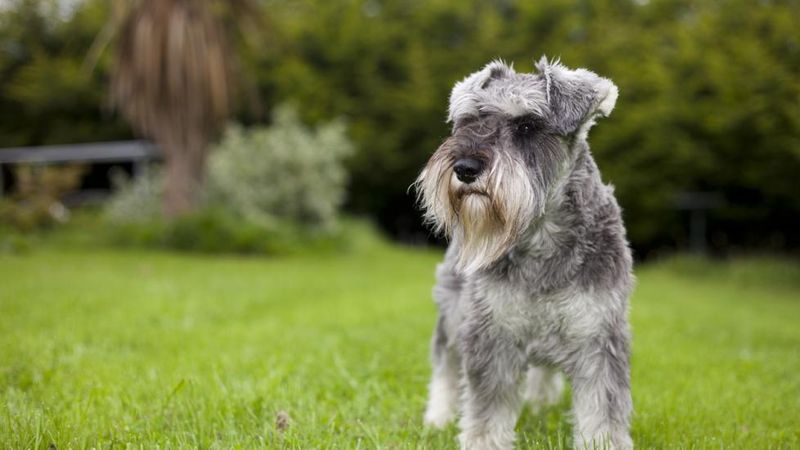
Those distinctive bearded faces hide surprisingly soft hearts! Mini Schnauzers were originally farm dogs bred to hunt rats, which might make you hesitate. However, they possess remarkable discernment between “pest” and “pet” when properly introduced to small animals.
Their intelligence makes them highly trainable around small pets. My cousin’s Schnauzer transformed from curious investigator to gentle protector within days of meeting their new guinea pig. What makes them exceptional is their alertness—they’ll often position themselves as guardians, watching over small pets rather than threatening them.
Their energy level strikes the ideal balance. Playful enough to be entertaining, but controlled enough not to frighten timid creatures. With proper introductions, these bearded buddies can become the most unlikely yet devoted friends to your guinea pigs.
10. Whippet: Speed Demons With Surprising Softness
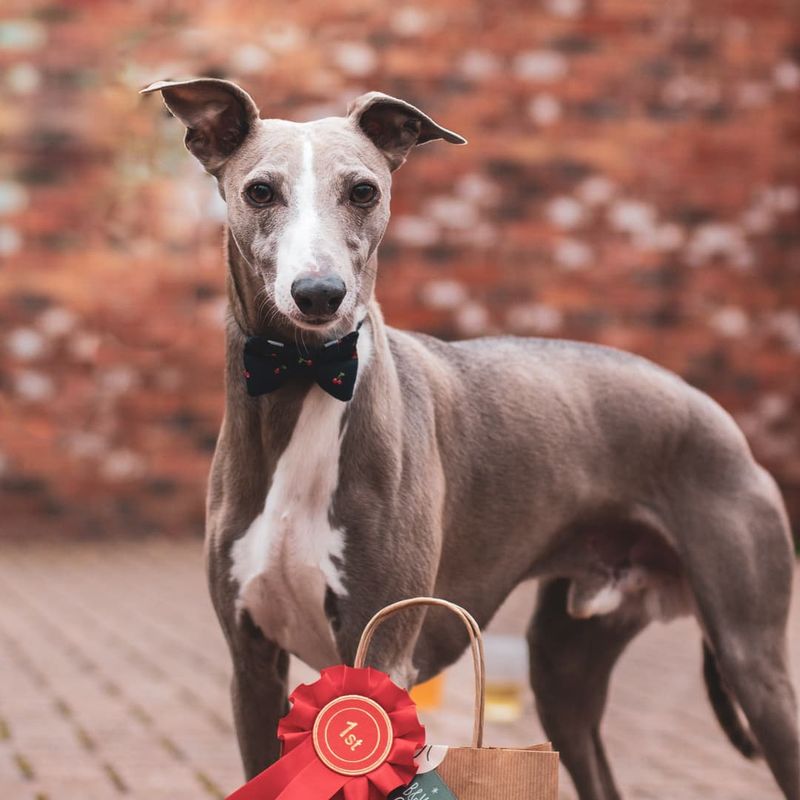
Speed doesn’t always equal prey drive! These sleek racers might zoom around the dog park at 35 mph, but many Whippets have an unexpected gentleness with small creatures. Unlike their coursing cousins, modern Whippets can clearly distinguish between the thrill of chasing a lure and the calm needed around small household pets.
Their slender build makes them surprisingly non-threatening to guinea pigs despite their size. When they’re not running, Whippets are famously lazy—spending up to 20 hours a day in serene relaxation, creating a calm environment for small pets.
The key is early, positive exposure. A properly socialized Whippet can learn that guinea pigs are family members, not targets. Their sensitive nature means they quickly pick up on their owners’ expectations for gentle behavior.
